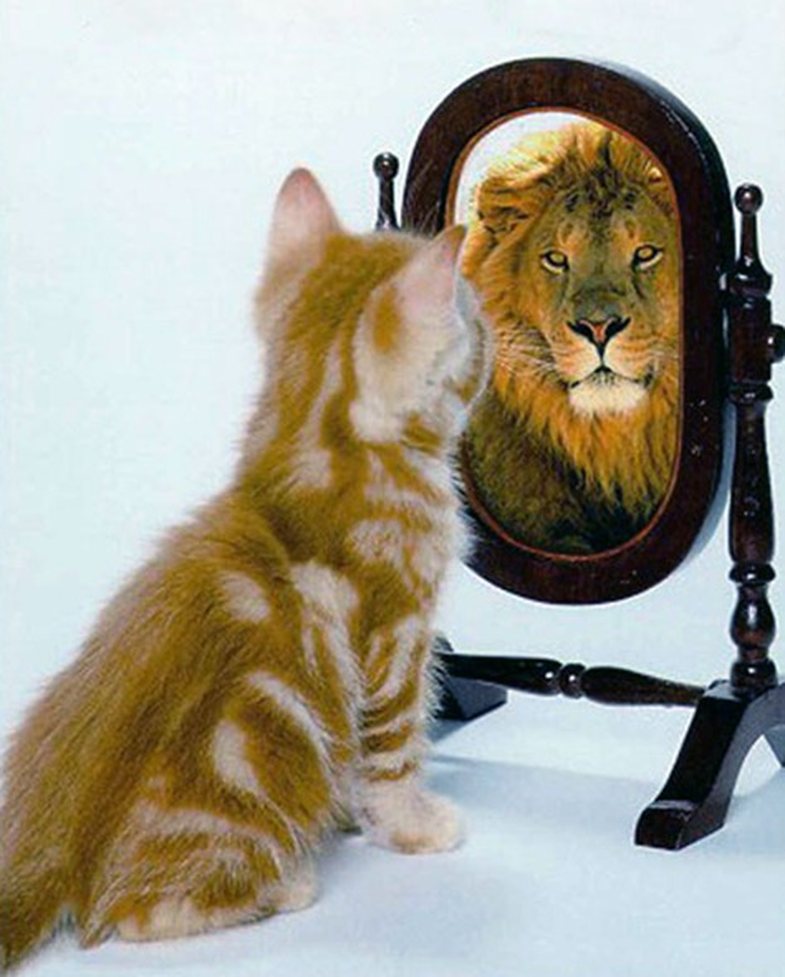
In general, a delusion of greatness relates to the beliefs or impressions that a person has, which are contrary to reality and rational reasoning. A delusion of greatness (illusion) makes these people believe that they have special abilities and / or powers.
Many types of mental health disorders, classified as psychotic disorders, can cause illusions, such as:
- schizophrenia
- bipolar disorder
- delirium
- major depressive disorder with psychotic features
Types of delusions of grandeur
1. Having special abilities or talents: The person believes that he has a secret talent, object or ability that no one else has, not even anyone else knows. For example, he may think he owns an antique Elvis Presley record that no one else has.
2. Being a celebrity: The person really believes he is famous, while the real celebrity is a cheater.
3. Having a secret relationship: The person believes that he has a secret relationship or relationship with someone or something important. For example, he may believe that he is a spy and is responsible for transmitting messages to leaders around the world.
4. Religious greatness: The person believes that he is the leader of a certain religion.
Illusions of grandeur are more common in people with bipolar disorder and schizophrenia. In some cases, delusions may arise from the use of various substances. Delusions of greatness can be difficult to identify and cure, so as with the vast majority of mental disorders, the intervention of mental health specialists is needed.
Source: Healthline





